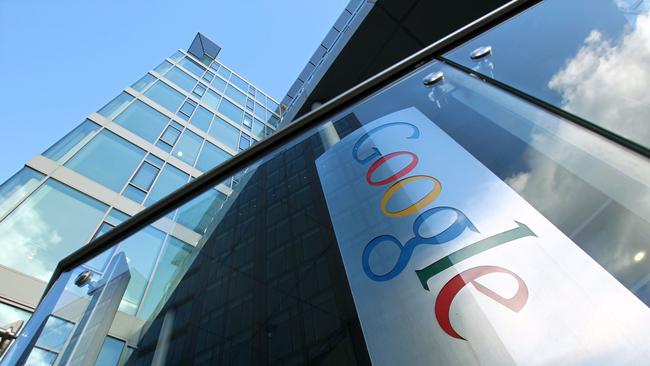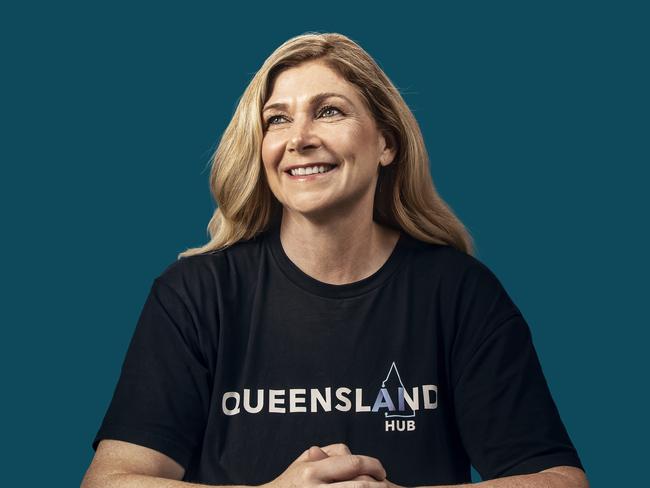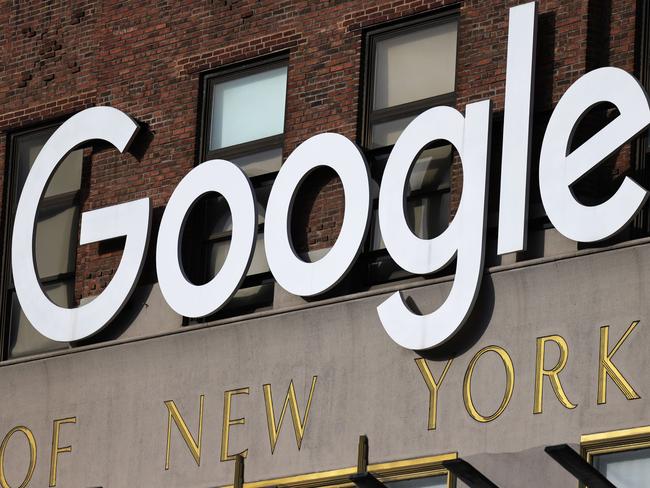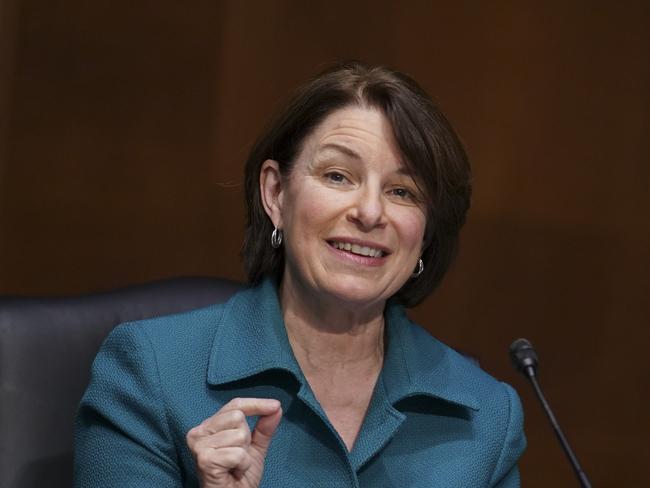Google News Showcase offer won’t end payments row
Google’s launch of its News Showcase will not satisfy big news organisations seeking payments for their content displayed in searches.

Hello and welcome to The Download, The Australian’s technology blog for the latest tech news.
Chris Griffith5.00pm: Australian named among top world disrupters in robotics
Queensland AI Hub’s first chief executive officer, Sue Keay has been named among a “who’s who” of the world’s Top 20 female disrupters making their mark in robotics and automation.
The announcement was made in the lead-up to International Day of Women and Girls in Science on February 11. The global Top 20 list was published by SME’s Smart Manufacturing magazine in consultation with leaders from the robotics and automation industries, worldwide.

“Emerging technologies, like AI, influence every aspect of our daily lives – and increasingly allow us to solve grand challenges that, as humans, we can’t solve on our own,” says Dr Keay. “But to be truly effective, these technologies must be developed in a fair and inclusive way that respects the rich diversity of all life on Earth.”
The award was conferred by US-based organisation, SME, a not-for-profit association committed to promoting manufacturing technology.
Chris Griffith12.50pm: Google News Showcase won’t end payments row
COMMENT: Google’s launch of its News Showcase today may at first look a reasonable step towards ending an increasingly ugly dispute with news outlets wanting payment for news. Google says it has already signed a deal with The Canberra Times, Crikey and The New Daily, and The Guardian has said it has held a discussion with Google.
Google also has indicated it is willing to make News Showcase subject to the Australian Competition and Consumer Commission’s news media bargaining code which would supposedly give those publications some leverage as to how much they are paid.

However, the advent of News Showcase is unlikely to satisfy Nine and News Limited, and there’s of course the ABC and SBS also vying for payment. Showcase, as the name suggests, is more a managed presentation of news where Google would pay publishers to curate content for what it terms “story panels”. It doesn’t sound like a payment scheme for Google displaying the latest news when users seek it in a Google search. And therein is one of its big problems.
It seems Google wants the ACCC code to apply to payments negotiated for appearing in News Showcase – not payments for searches generally. It doesn’t even want to concede it is paying for news content. Instead those who sign up are being recompensed for their labour – their “curating expertise” for choosing the news shown in Google story panels. Also, the pay-per-click model does not apply. That’s an entirely different concept to what the ACCC proposes.
In particular, it doesn’t cover the millions, maybe billions of searches that users perform to find out the latest news about their favourite topics when they perform a general Google search.
Google argues that news-related queries account for only one per cent of total searches on its platform. That seems incredibly low. Research by the US News Media Alliance in 2019 found that 16 to 40 per cent of Google search results were news content. It said that in 2018, Google made $US4.7bn from news sites. That’s a telling figure, given that Google is apparently prepared to pay news organisations globally only around $1.4bn over three years.
Google is clear that it doesn’t want to pay for “links or snippets”. The argument generally is that Google is doing the news organisations a favour by directing web traffic to those stories. The countervailing argument is that Google obtains a wealth of intelligence by serving up screen fulls of links to news articles.
Users offer Google insights invaluable into their habits and preferences when they search. Those links exist because journalists in newsrooms have done the hard yards in investigating and writing stories. Google is using other people’s work as a lure for them to search its site and gain insights into those users. Google is doing itself a favour.
Finally there’s the issue of just how much Google will pay each news organisation. Some smaller outlets that have signed up already may be happy with a few trinkets so that their publications survive. But it will be a harder game when the bigger news organisations sit down with Google to thrash out the terms and payments to be made under the code.
It’s going to be hard for Google to argue there isn’t enough in the kitty for three years. After all, it has just reported a revenue in Q4 2020 of $US56.9bn. In the end it’s not just the future of news organisations. Funded journalism is crucial for society to operate effectively.
11.25am: Democrats take aim at big tech
US Democrat Senator Amy Klobuchar, the incoming head of the Senate antitrust subcommittee, has proposed broad changes to US antitrust laws as the newly Democratic-led Congress begins to press the issue of perceived monopoly power in technology and other industries.

The senator introduced legislation that would bar companies that dominate their sectors from making acquisitions unless they can prove their deals don’t “create an appreciable risk of materially lessening competition”, according to a draft from Ms Klobuchar’s office. Now, the burden is on the government to prove a merger substantially lessens competition.
The proposals will likely face headwinds. Republicans didn’t sign on to many of the ideas when Ms. Klobuchar floated them during the previous session of Congress, and businesses including big technology companies are expected to oppose a significant rewriting of antitrust laws.
Ms Klobuchar is hoping that Democrats’ control of the Senate will improve odds of passage, and she will seek to build momentum through a series of legislative hearings focused on monopoly power.
“We have an increasing monopoly problem, really headlined by what is happening with tech” but also extending across the economy, Ms. Klobuchar said. “Our laws have to be as sophisticated as those that are messing around with competition,” she said.
The Wall Street Journal



To join the conversation, please log in. Don't have an account? Register
Join the conversation, you are commenting as Logout